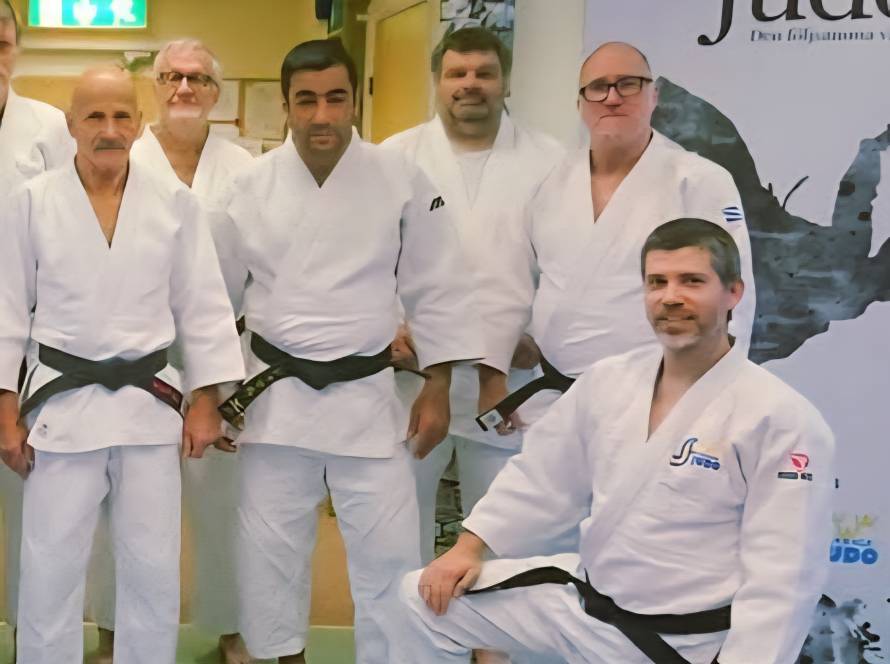I never set out to write a book. I didn’t have a manuscript waiting in the wings or a lifelong dream of being published. In fact, if you’d told me five years ago that my name would appear on the cover of a memoir so deeply intertwined with war, trauma, and political history, I might have laughed, or politely changed the subject. And yet, here we are.
Beneath the Regime, Beyond the Fear was not born out of ambition. It was born out of friendship, of quiet listening, and of the weighty responsibility that comes when someone asks you, with complete sincerity: Will you help me tell my story?
That someone was Naser.
I met Naser years ago in Syria, before the war. He was warm, thoughtful, deeply principled. There was a gravity to him, but also humour and kindness. We played tennis together. We had conversations that lingered. But what I didn’t know back then—what few people knew—was how close he stood to the seat of power. Naser was a Major General in Syria’s Political Security Department. He had seen things, done things, and questioned things that would later cost him everything.
Years later, long after we had both left Syria, I heard from him again. He had been imprisoned. He had escaped. He was in exile. And he had something to say—not for himself, but for the countless others who never got the chance.
Writing Through Silence
When Naser asked me to help him write his story, I hesitated. Not because I didn’t want to help, but because I felt the weight of the task. This was not a light project. This was not fiction. This was a man’s life—a life marked by horror, isolation, rejection, and courage in the most unimaginable forms.
We spent long hours recording his memories—some raw, some distant, some so painful they came out in fragments. There were days when words failed him. And there were days when they failed me, too. How do you capture the feeling of being locked in a cell no bigger than a wardrobe? How do you explain the psychological toll of exile, the constant surveillance, the rejection even from those meant to protect?
What I learned was this: writing a story like Naser’s requires more than skill. It requires trust. It requires listening beyond words. It requires compassion and cultural humility, and the willingness to sit in discomfort.
And it changes you.
From Reluctant Writer to Relentless Witness
I have never felt comfortable calling myself a writer. I’ve contributed to magazines, worked as an editor, run my own small editing business—Boldface Editing Ltd.—but I always felt my place was behind the scenes, sharpening others’ stories rather than telling my own.
But this book changed that.
Not because it turned me into someone I wasn’t, but because it showed me who I already was. A witness. A translator of pain. A conduit for truth. That’s what storytelling can do. It doesn’t just reveal others—it reveals us.
I’ve come to realise that being a “reluctant writer” is not a flaw. It’s a kind of strength. It means I take the work seriously. It means I understand the weight of what’s entrusted to me. And it means I know that some stories are not written to entertain. They’re written to remember. To restore. To resist.
Why This Story Matters Now
Since publishing Beneath the Regime, Beyond the Fear, I’ve been struck by how many people have told me they had no idea what life under Assad was really like. They’d seen headlines, maybe watched a documentary, but they’d never heard a voice from the inside. Not like this.
Naser’s story isn’t easy to read. It’s not comfortable. But it’s necessary. Especially now, as global politics shift, as authoritarianism gains traction, and as refugee stories are too often reduced to numbers on a screen.
This book gives a name, a face, and a soul to that reality. And I am proud—reluctantly proud—to have helped bring it into the world.
An Invitation to Listen
If you’ve found your way to this blog, I invite you to do more than read. I invite you to listen. To sit with the discomfort. To ask the hard questions Naser’s story demands of us: What would you do in his place? What does justice look like for those who have been cast out? And what role do we—comfortable, safe, free—play in helping amplify voices like his?
I didn’t plan to write this story. But I’m so glad I did. Because some stories aren’t just meant to be told. They’re meant to be heard.




